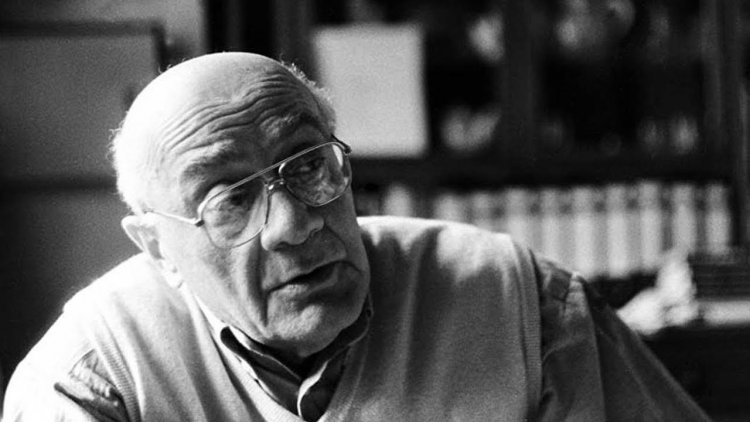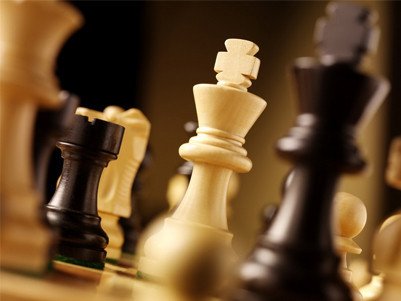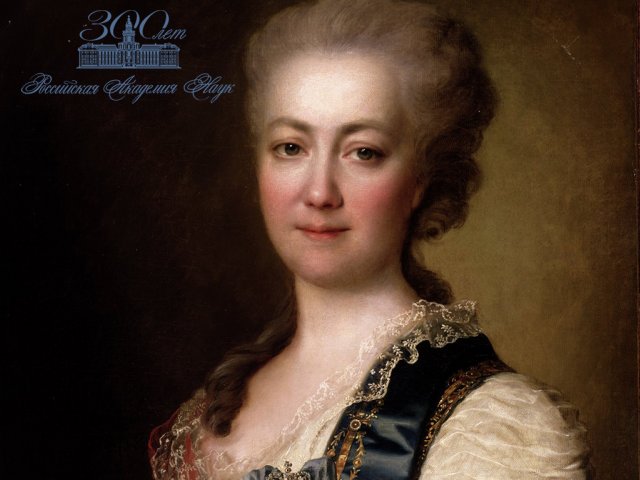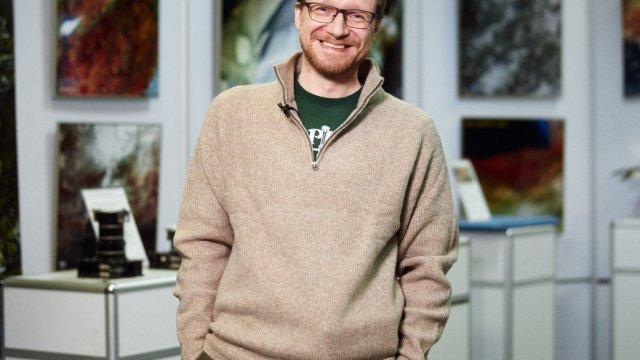Official:
Merab Konstantinovich Mamardashvili. 15 September 1930 – 25 November 1990. Soviet philosopher, D. Sc. (Philosophy), Professor of Moscow State University.
Life and Work:
1. Merab Mamardashvili is equated with Socrates and referred to as “Georgian Kant.” Correlations are in order as the philosopher left almost no written legacy; was not quite in favor with the official government, and like Kant placed utmost importance on the human dignity.
2. Mamardashvili was born in Gori, a city in the Kartli Valley at the confluence of two rivers, the Kura (now the Mtkvari) and the Great Liakhvi. The philosopher came from the noble family of Garsevanishvili by his maternal grandparents.
3. The job of his father, a ranking member of the military, fell short of the settled life. The cities revolved – Leningrad, Kyiv, Vinnytsia where Merab started school, Tbilisi where he and his mother had to evacuate to and where he finished school with honors.
4. “One of my ruminations (over which I probably went in for philosophy) was the preoccupation with people’s completely incomprehensible, baffling blindness to what’s there.” This is how Merab Mamardashvili explained his choice of profession.
5. In his student’s youth, Merab bonded with Ernst Neizvestny, a celebrated sculptor, and was introduced to Mikhail Gorbachev as their wives-to-be shared a room.
6. Head of Department at an international magazine, Problemy Mira i Sotsializma (Problems of Peace and Socialism), Head of Department at the Institute of International Working Class Movement, Deputy Managing Editor of the Voprosy Filosofii (Problems of Philosophy) Magazine, a doctorate thesis, a rank of professor – Mamardashvili’s career was quite smooth in the early days.
7. Mamardashvili had to quit the Voprosy Filosofii Magazine for ideological reasons. The philosopher moved to the Institute for the History of Science and Technology of the Academy of Sciences of the Soviet Union and started lecturing across the country at universities and bootcamps, wherever he was invited to give lectures and wherever people wanted to listen to what he had to tell. The tape recordings of these lectures are Mamardashvili’s major legacy. They were transcribed and published.
8. According to him, Mamardashvili was never afraid to venture too far because truth is still farther. When Merab Konstantinovich was summoned for questioning by the KGB, they, with a touch of irony, said: “We know that you regard yourself to be the freest person in the country...”
9. Mamardashvili’s works were hardly ever published during the Soviet times “on ideological grounds.” Knowing that, the philosopher wrote quite little.
10. Mamardashvili defined philosophy as the doctrine of eternal problems – the subject of philosophy is philosophy itself in this regard. Among other interesting definitions that the scientist gave to philosophy are “vocal consciousness”; “part of our life, our ability to discover what is actually happening, including with respect to what we feel”; “one of the tools intended for the person’s self-design”; “doctrine of the secret of existence: the main secret of existence is conscience, ethical relations; therefore distinguishing between the good and the evil is the core of philosophy”; “doctrine of freedom and its conditions”; “hygiene which is needed to understand ignorance, as a way enabling a person to defy it and not to go mad amid the colossal pressure of ignorance around them.”
11. During the Era of Stagnation, Georgia was considered to offer more freedom and in 1980, Merab Mamardashvili moved to Tbilisi and took the job of a principal researcher of the Institute of Philosophy.
12. Mamardashvili could have become president of the independent Georgia but he did not as Zviad Gamsakhurdia’s top rival died of the myocardial rupture at the bottom of the airstairs when he was about to board a plane that was to take the scientist to Tbilisi for him to take part in the final round of the electoral campaign.
13. “Obviously, it is no accident that the sieve of history is designed so that it can sift out many things but what should remain remains. All things forgotten should be forgotten and all things worthy remembering are remembered. Nothing is lost...” Merab Mamardashvili is right – the philosophy, ideas, thoughts that affected the consciousness of free people remained.
14. The Tbilisi authorities erected a monument to the philosopher in Rustaveli Avenue. Ernst Neizvestny depicted his friend and a torch – the Olympic torch of knowledge he handed over to the future generations. A stele with the sculptural portrait of Mamardashvili is also erected at the entrance to Gori, the philosopher’s native city.






















